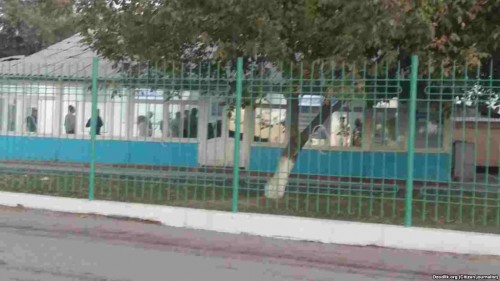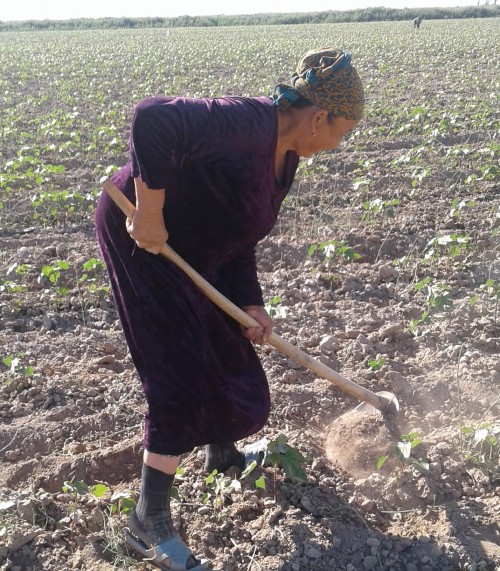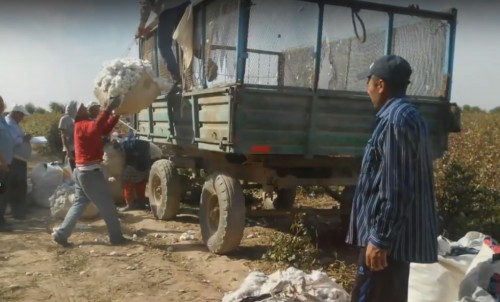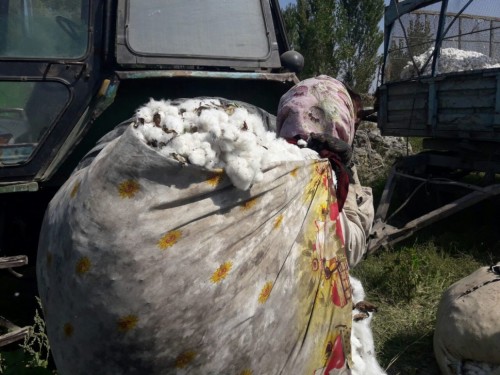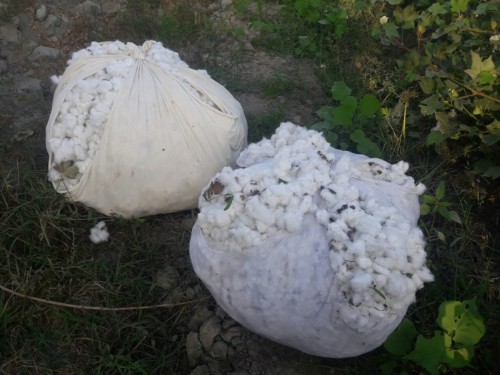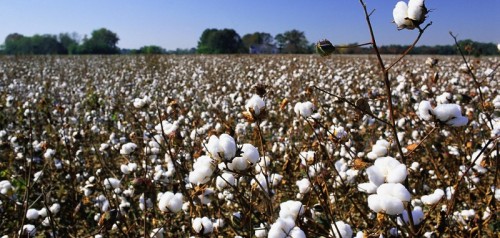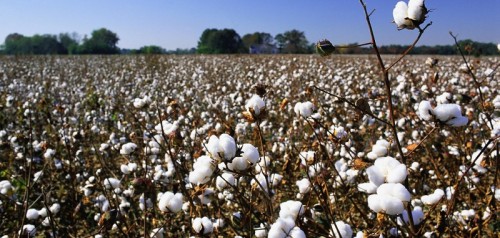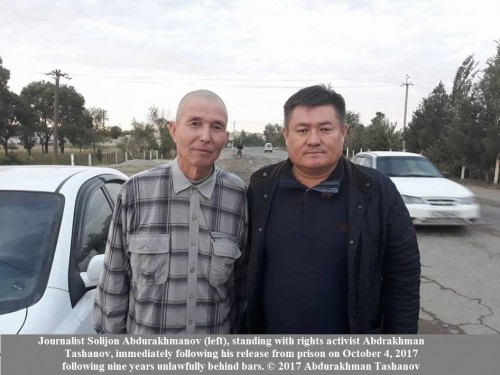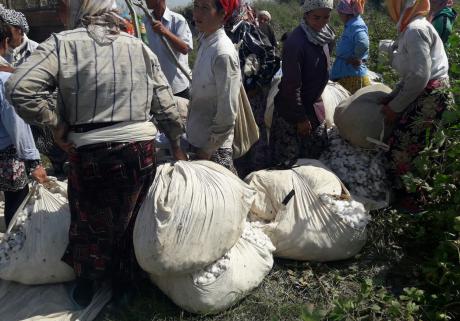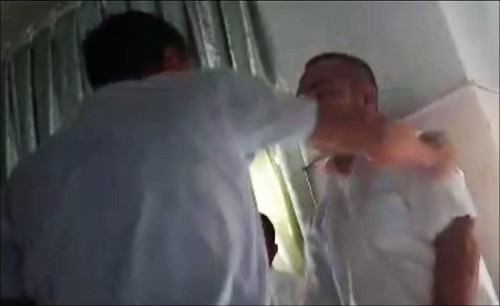Countries
Solidarity campaigns
13 August 2024
Georgia: Support striking workers at Evolution Gaming
5 June 2023
Georgia: Justice for Wolt couriers
10 May 2023
Belarus: Trade union activity is not extremism!
2 November 2019
Kazakhstan: Trade unionist Erlan Baltabay imprisoned - again!
19 November 2018
Kazakhstan: Stop repression and physical attacks on leaders of independent unions; hands off Larisa Kharkova, Erlan Baltabai and Dmitriy Senyavskiy
18 April 2018
MALOKHAT STILL NEEDS YOUR HELP
News
23 October, 2017 / uzbekistan
Uzbek Farmers Spend Night Behind Bars for Selling Cucumbers instead of Picking Cotton
On October 18, at a meeting of the administration of the Shahrisabz district of the Kashkadarya region dedicated to the cotton campaign, a group of farmers was criticized for selling cucumbers at the local market instead of participating in the national plan to collect cotton. After the meeting, several farmers were sent to the district police station. It is reported that female farmers spent the night behind bars.
13 October, 2017 / uzbekistan
Uzbekistan: Teachers, Medical Workers, Welfare Recipients Weeded Cotton Fields under Threat
The government of Uzbekistan forced people to work in the cotton fields during the spring fieldwork season under threat, the Uzbek-German Forum states in a report released today. The report also documents forced and child labor in a World Bank project area in Karakalpakstan.
11 October, 2017 / uzbekistan
Video: Cotton pickers hired by the employees of public organizations
On September 27, 2017, activist Malokhat Eshonkulova visited cotton fields in the Dustlik district of the Djizak region where she spoke to cotton pickers. She learned that 1,100 collectors, mostly hired by employees of various tax offices of Tashkent city, as well as the city enterprise TransYol, had arrived in the Dustlik district. One of the workers said that she came to work for an employee of the tax inspection office of the Mirzo-Ulugbek district of Tashkent who had paid her 600,000 soums ($75) to pick cotton for one month.
09 October, 2017 / uzbekistan
The hokim of Andizhan reneged on his promise and “state employees” were again sent to collect cotton
The regional administration rejected accusations of the use of forced labor and stated that employees of state organizations, as well as employees of special services, have been collecting cotton on a voluntary basis.
09 October, 2017 / uzbekistan
Teachers in Andijan Ordered to Hire Workers to Pick Cotton
A report received by the editorial office of Kun.uz says that the head of Qorgontepa District administration in Andijan Region, Avazbek Ergashev, is demanding that teachers of secondary schools recruit workers to pick cotton. Reports say that the head of the district administration is demanding that every teacher should bring one of the relatives of their pupils to pick cotton and is exerting pressure on teachers who fail to find fewer than five people to work on the cotton fields.
09 October, 2017 / uzbekistan
Uzbek Official Insulted at Cotton Meeting Dies from Cerebral Haemorrhage after Suffering Humiliation
A 57-year-old khokim of the Ulugnor district of the Andijan region of Uzbekistan, Asilbek Yusupov, died on October 6. According to several independent sources of the Uzbek-German Forum for Human Rights (UGF) in the Andijan region, the hokim suffered verbal abuse during a meeting on the collection of cotton. Immediately afterwards he was taken to hospital.
05 October, 2017 / uzbekistan
Uzbekistan: Some Workers Excused from Cotton Fields
Preliminary monitoring by Uzbek-German Forum, which independently monitors forced labor in the cotton sector in Uzbekistan, shows that teachers and healthcare workers in some districts have been recalled from the fields, but workers in other districts have not.
04 October, 2017 / uzbekistan
Uzbekistan: 2 Activists Freed, Others Arrested Guarantee Freedom to Express Critical Views
Uzbek authorities should drop politically motivated charges that stem from the exercise of basic human rights and release all those imprisoned as a result of such charges, Human Rights Watch said. Mirziyoyev should also send an unambiguous message to all law enforcement that no one in Uzbekistan will be punished for the peaceful exercise of free speech.
21 September, 2017 / uzbekistan
Uzbekistan’s new leader fails his first test
One year after the death of Islam Karimov, the continued use of forced labour in Uzbekistan’s cotton fields shows how slow the pace of change really is.
19 September, 2017 / uzbekistan

